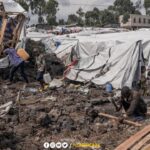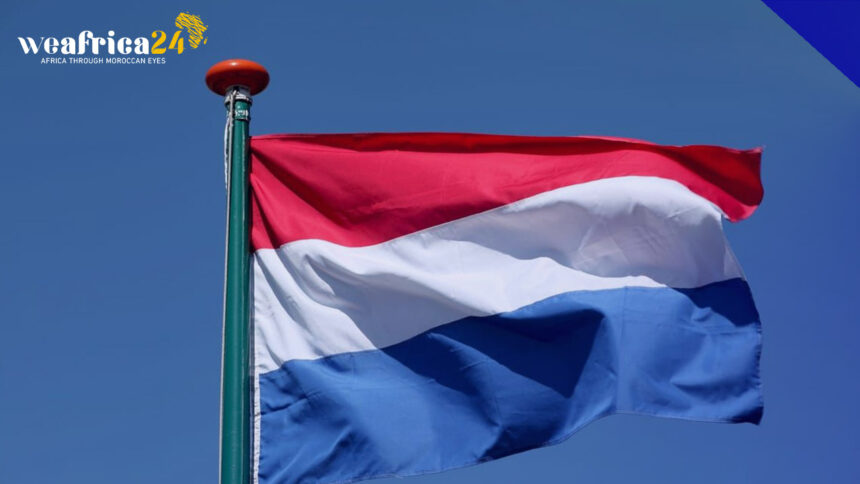The Dutch government has formally declared the temporary suspension of its direct collaboration with Niger’s government. This decision was conveyed through an official statement on Friday, which cites the recent coup on July 26th as the impetus behind the reconsideration of their partnership with the country’s leadership.
Before the coup, the Netherlands had been providing support to development cooperation and security initiatives in Niger through the Nigerien government. However, in light of the recent coup, the Dutch government has taken the principled stance of refraining from supporting the individuals responsible for the coup. As a result, they have decided to halt their assistance programs that were previously channeled through the Nigerian government.
According to the statement, the Dutch government expressed its intention to explore alternative avenues of support for humanitarian programs in Niger. These initiatives would be implemented through the United Nations, other international organizations, or local partners, as a way to continue aiding the people of Niger while adhering to their commitment not to endorse the perpetrators of the coup.
In the aftermath of the coup, several Western nations have decided to reduce aid to Niger, despite it being one of the world’s most impoverished countries. Niger heavily depends on external assistance, which accounts for nearly half of its annual budget. However, recent political events have led to a reevaluation of aid contributions from these nations, potentially impacting the nation’s development and humanitarian efforts.
Indeed, Niger holds significant strategic importance for various global powers, including the United States, China, Europe, and Russia. This significance stems from its abundant uranium and oil resources, which are valuable for energy and industrial purposes. Additionally, the country plays a crucial role in combating Islamist rebels in the Sahel region, making it a focal point for international cooperation and interests in the realm of security and regional stability.







